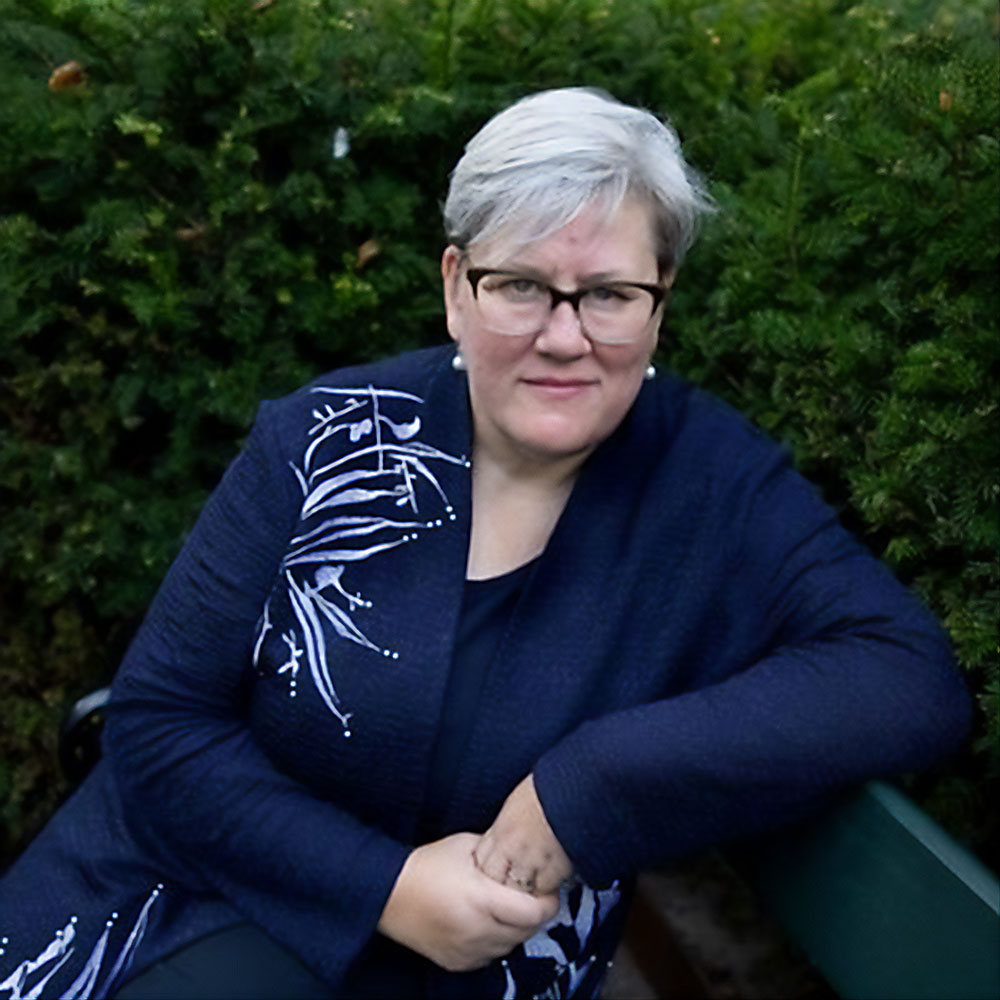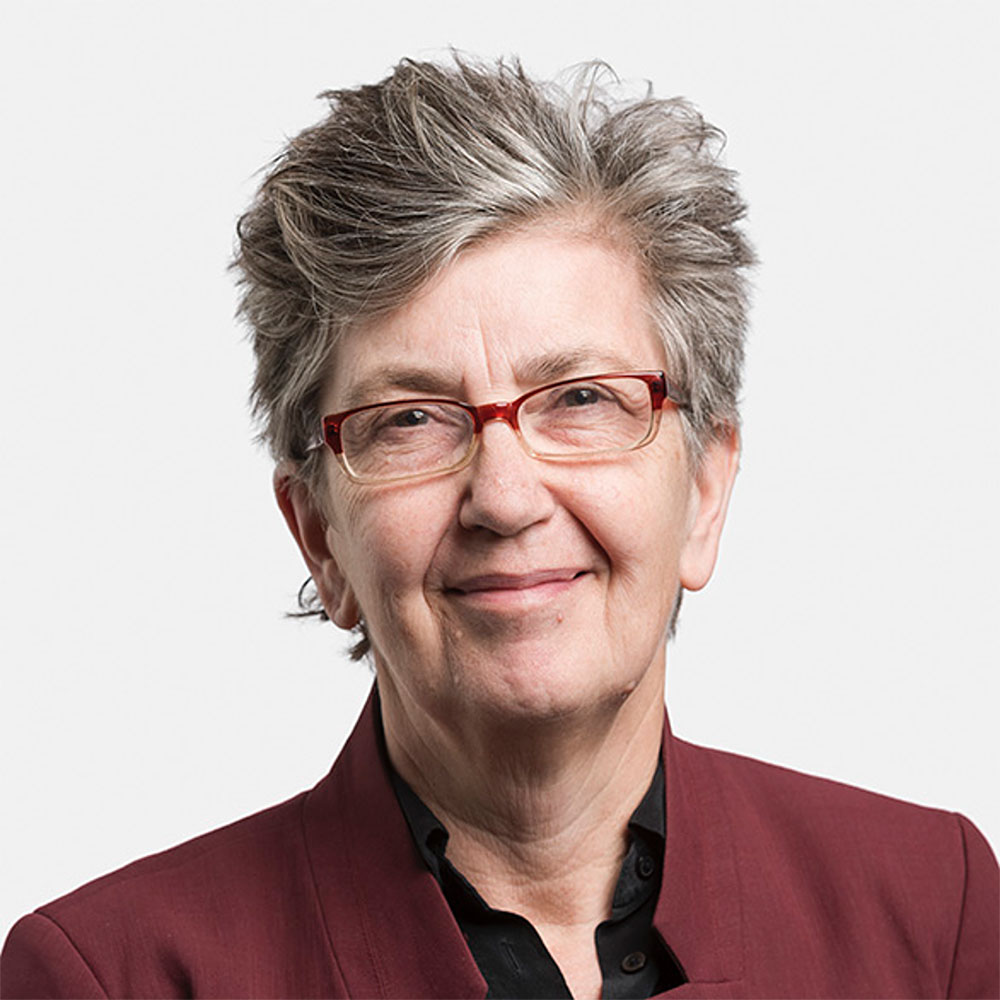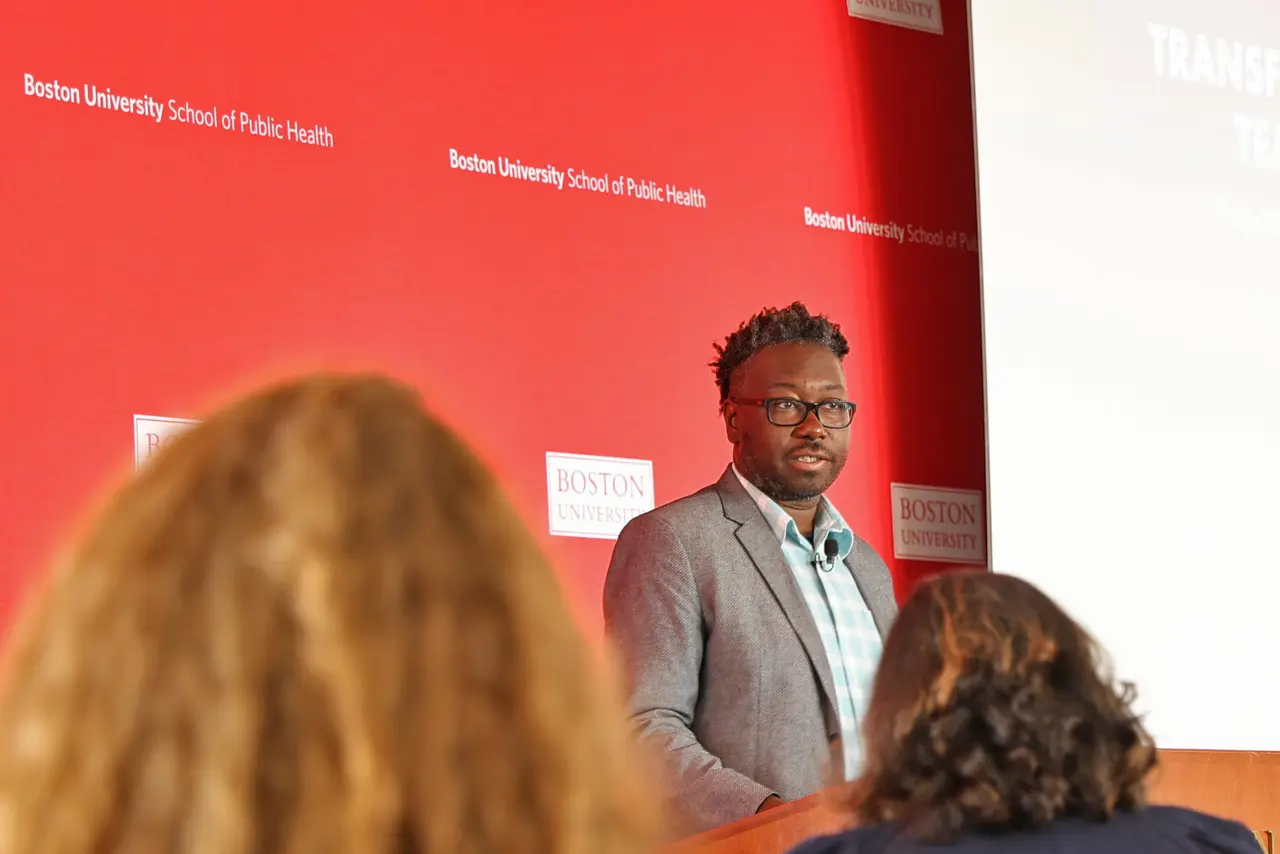Videos
Speakers

Rachel Kyte
@rkyte365
Dean, Fletcher School at Tufts University

Marshall Shepherd
@DrShepherd2013
Georgia Athletic Association Distinguished Professor of Geography and Atmospheric Sciences, University of Georgia

Anne Simpson
@AnneSimpsonUSA
Managing Investment Director, Board Governance & Sustainability, CalPERS

Madeleine Thomson
@madthomson
Head, Our Planet, Our Health program at Wellcome Trust

Gregory Wellenius
@gwellenius
Professor, Boston University School of Public Health
Gregory Wellenius, ScD leverages his training in epidemiology, environmental health, and human physiology to lead research focused on assessing the human health impacts of the built environment in the context of a rapidly changing climate. His team has made a number of notable contributions to our understanding of the health risks associated with air pollution, noise pollution, other features of our physical environment, and those posed by a changing climate. A key goal of his team’s research is to provide the actionable scientific evidence needed to ensure that our communities are as resilient, sustainable, and healthy as possible, emphasizing the benefits to human health of climate change mitigation and adaptation efforts.
Before coming to Boston University, Dr. Wellenius served as faculty and Director of Brown University’s Center for Environmental Health and Technology and Elected Councilor of the International Society for Environmental Epidemiology (ISEE). He has previously taught courses on epidemiology methods, climate change and human health, and methods in environmental epidemiology. He has a strong track record of mentoring undergraduate students, graduate students and post-doctoral fellows. Dr. Wellenius is the 2019 recipient of the ISEE Tony McMichael Mid-Term Career Award and the 2018 recipient of the Dean’s Award for Excellence in Teaching from the Brown University School of Public Health.

Subscribe to PHC
Get the latest from Boston University School of Public Health



